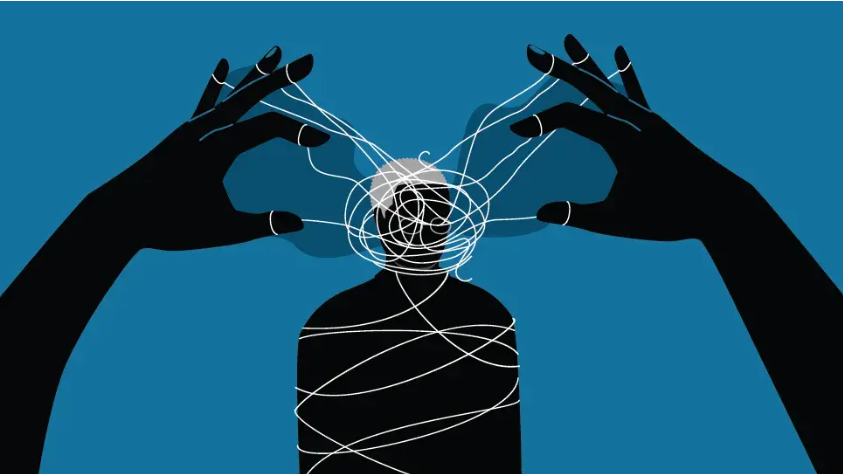Recognizing and Escaping Coercive Control: Understanding the Invisible Abuse
When we think of abuse, we often picture physical violence — but some of the most damaging forms of abuse leave no bruises. Coercive control is a pattern of behavior that strips away a person’s autonomy, safety, and sense of self, often long before they realize what’s happening. It’s subtle, manipulative, and deeply psychological. As a trauma therapist, I’ve worked with countless survivors who blamed themselves for “overreacting” — when in truth, they were trapped in a dynamic designed to confuse and control them. With the right support, including online therapy and tools like EMDR, healing and freedom are possible.
What Is Coercive Control?
Coercive control is a form of emotional and psychological abuse that uses manipulation, isolation, intimidation, and gaslighting to dominate another person. It’s often present in domestic violence relationships — but can also show up in family dynamics, workplaces, and spiritual communities.
It Can Look Like:
Controlling what you wear, eat, or who you see
Monitoring your phone, email, or social media
Constant criticism or demeaning comments
Making you doubt your memory or sanity (gaslighting)
Financial control — restricting access to money or demanding full transparency
Threats to harm you, your reputation, or loved ones if you leave
Making you feel like you are the abuser when you express distress
Why It’s Hard to See
Because coercive control doesn’t leave physical scars, many survivors struggle to name it as abuse. Abusers often frame their behavior as “love,” “protection,” or “concern,” making victims feel guilty or ungrateful for questioning it.
For BIPOC individuals, the fear of not being believed, cultural norms around loyalty or silence, and the risk of systemic harm can make it even harder to seek help. A culturally competent BIPOC therapist understands these layers and can offer support without judgment.
How EMDR Helps Rebuild Autonomy
EMDR allows survivors to reprocess the fear, confusion, and shame that coercive control creates. It targets the moments where the survivor felt powerless, afraid, or gaslit, helping them reclaim their sense of truth and identity. Over time, EMDR reduces emotional reactivity, restores a sense of internal safety, and helps rewire beliefs like “I’m helpless” or “I can’t trust myself.”
Online Therapy as a Lifeline
For survivors still in or just leaving coercive environments, online therapy can be a crucial lifeline. Sessions can be done from safe, discreet locations, and therapists can work with survivors to create personalized safety plans. Online access also makes it easier to reach trauma-informed therapists when local support is limited.
A Trauma-Informed Path to Escape and Recovery
A skilled trauma therapist doesn’t rush clients to leave — they listen, believe, and empower them to make decisions on their terms. Whether you’re still in the relationship or have recently left, you deserve support that honors your story and puts your safety first.
Conclusion
Coercive control is real — and insidious. If your reality has been twisted, your choices restricted, or your voice silenced, it’s not your fault. There is a path forward. With the compassionate support of a BIPOC trauma therapist, access to online therapy, and healing tools like EMDR, you can begin to unlearn control, rebuild trust in yourself, and move toward a life rooted in freedom and self-respect.
If you're ready to embark on a journey of healing and personal transformation, I encourage you to reach out. I am passionate about trauma-informed care in all spaces as well as creating safety so you can process your experiences at your own pace. Please contact me to schedule a consultation and learn more about how online trauma therapy can help you achieve your goals.
I am dedicated to helping you create a life filled with greater joy, fulfillment, and resilience. Let's work together to start your healing journey.


